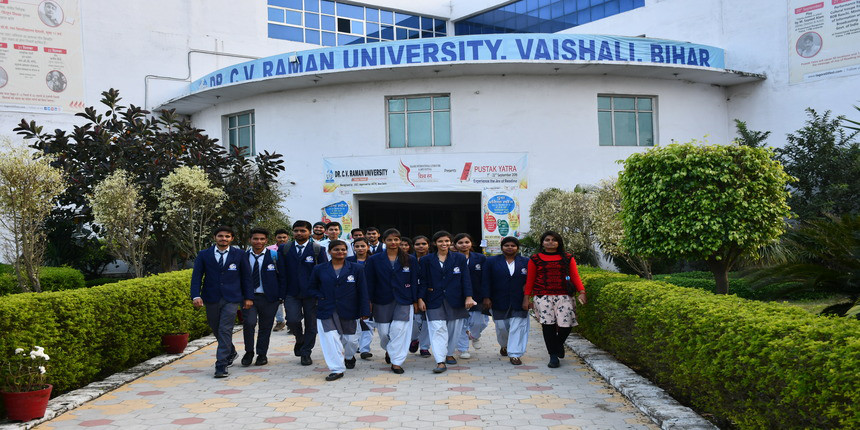A lot of people must have wondered why education in agriculture is important. As we all know, India is a largely agrarian country. More than 80% of the Indian population relies on agriculture and its allied activities for a source of livelihood. India has previously faced food grain shortages, especially at the time of independence. Over a period of time, India has achieved spectacular agricultural growth, making India self-sufficient in the field, despite the regular increase in population.
This steady agricultural growth marks a huge achievement in the history of world agriculture. India has achieved growth in agriculture, milk production, fish, seeds, and in fruits and vegetables to green, white, yellow, and blue revolutions. All of these revolutions have collectively brought growth to farmers and have also helped in the establishment of institutes that focus on agricultural education.
CVRU Bihar is one such institution that offers agriculture as a course. There are many B.Sc Agriculture colleges in India, although what makes CVRU Bihar stand out is the fact that the course curriculum is regularly updated according to industry standards. Education in agriculture is even more important now because India has to sustain the self-sufficiency it has developed after a lot of work. There is an urgent need for human resources in the field of agriculture and that is the need universities offering this course hope to meet.
CVRU Bihar teaches the students of agriculture about various different sections of the field. These include animal husbandry, forestry, agricultural engineering, food technology, fishery science and agricultural business management just to name a few. They are also taught how to use new technologies in the field, along with traditional practices that have kept the industry flourishing for all these years.
There are several challenges in the field of agriculture which can only be tackled if more students decide to pursue agriculture for their studies.
- Globally, there is low productivity
- Decreasing profits in farming
- Competitiveness regarding the quality of crop due to globalization
- Poor linkages between farms and markets
- Low knowledge of input agriculture
- Lack of qualified manpower to address both new and old challenges
In order to properly address all of these challenges, competent human resources would be needed in large numbers in the near future. To ensure this happens, there needs to be more of an emphasis on agricultural education than ever before. There is a gap between the demand and supply of manpower when it comes to research and development in agriculture. Agricultural education hopes to fill that gap.
What are the career opportunities after B.Sc Agriculture?
Any student wishing to pursue B.Sc in Agriculture would be curious about the career scope of the subject. Options start with higher education like M.Sc, MBA, or Masters in Agricultural Science. For higher education, colleges and universities conduct entrance exams that the students will have to appear for.
Students can also go for banking sector jobs by appearing for IBPS exams. Students interested in civil services can appear for UPSC examinations too. The food processing industry is another great option for students of agriculture.


